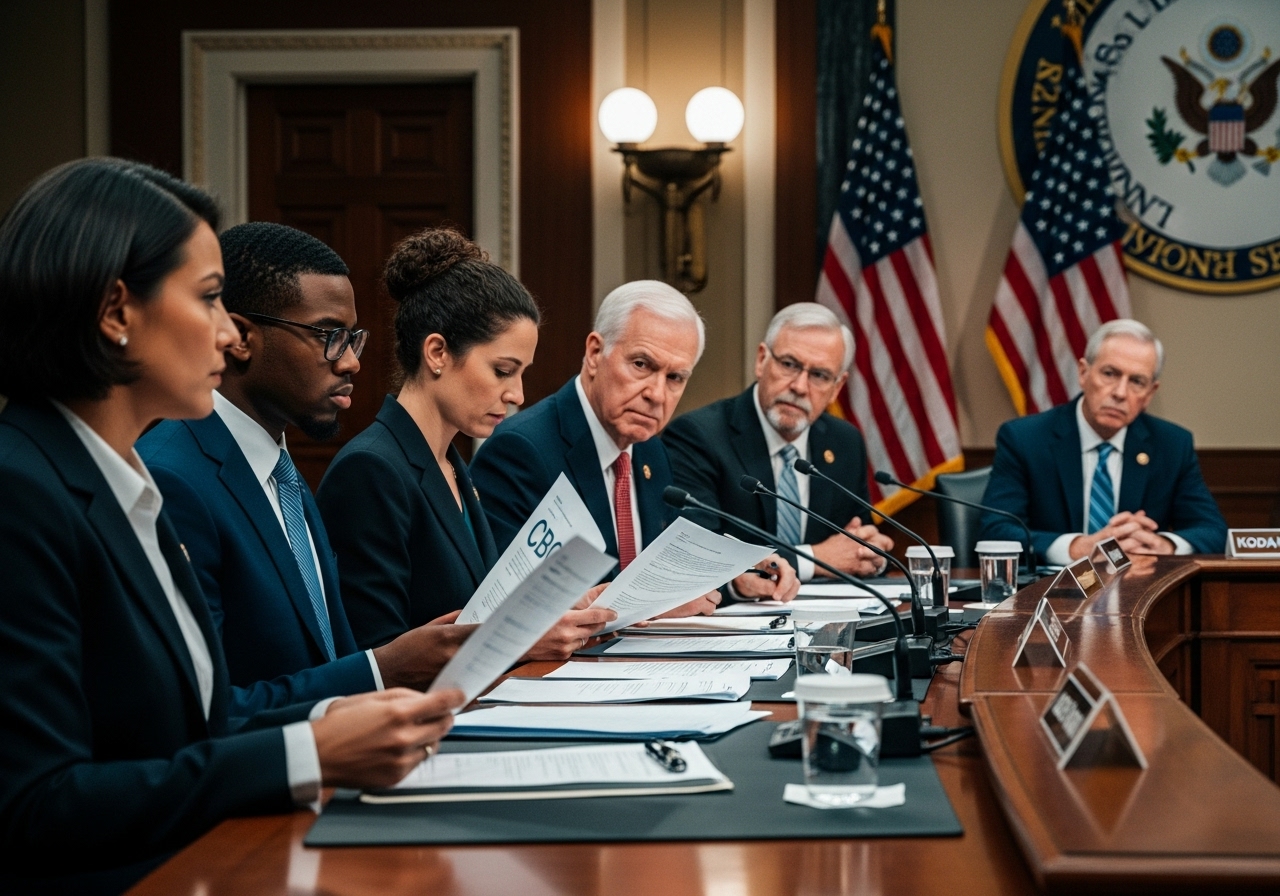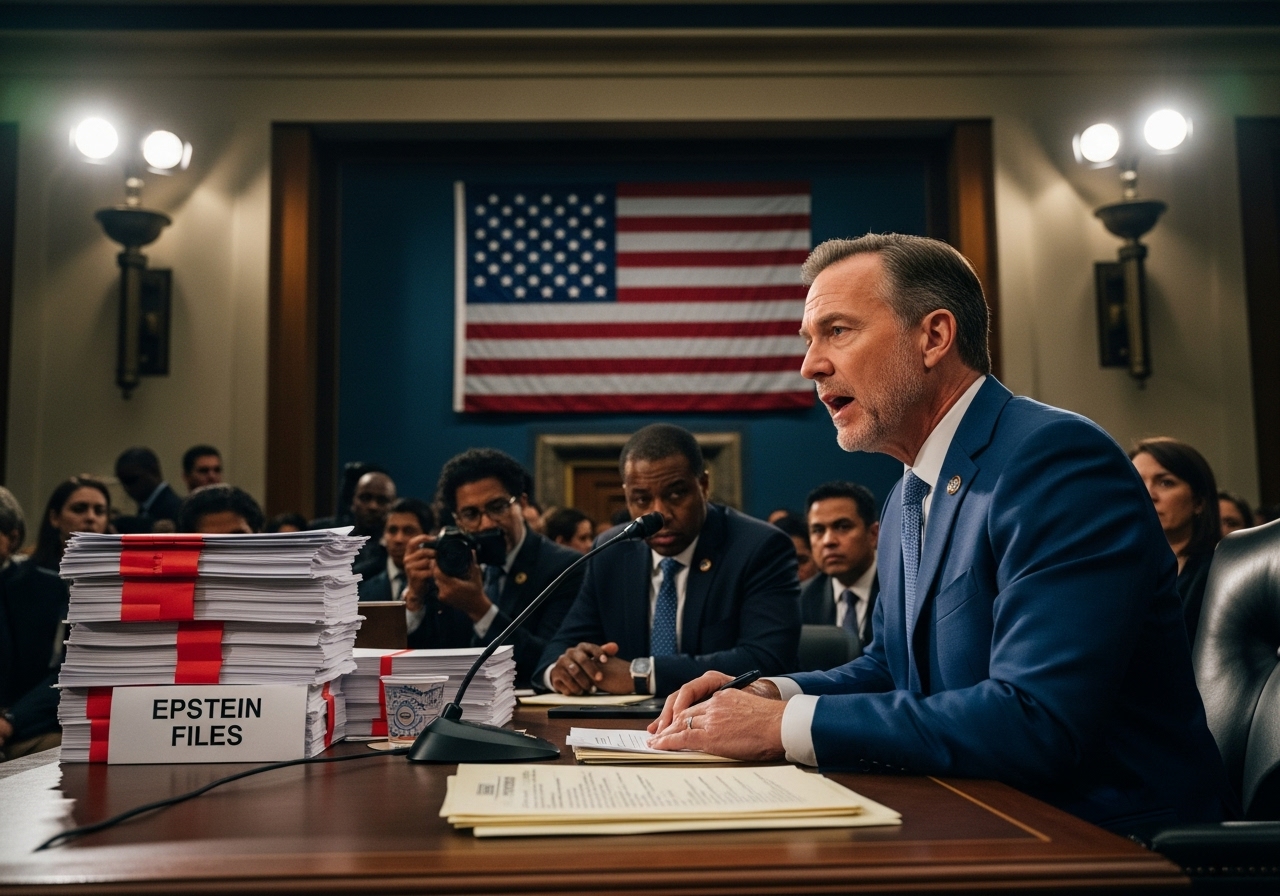If approved, candidates for the House or Senate would be ineligible to run if they turned 81 years old before the conclusion of their term. If applicable, the ballot will display the age at which a candidate is barred from running due to higher law requirements. It also mandates that the attorney general defend the proposition and gives any elector the authority to enforce the statute.
With 61% of voters in favor and 39% against the proposition, it passed. It is the first state to implement a policy of this kind. The goal is to prevent age-related disorders and cognitive impairments among legislators.
This development coincides with growing worries about senior citizens holding prominent positions of authority. According to polls, voters are uncomfortable with both presidential candidates’ ages.
The majority of Americans believe that an incumbent officeholder, who is usually a little older, not only has seniority but also a plethora of experience and expertise to offer the position. However, a recent CBS News/YouGov poll reveals that there is also growing concern that, in an upcoming presidential election where the possible candidates of both parties are both 80 years old or older, those who are getting closer to that age may have physical or mental health issues that could limit their ability to perform their jobs to the best of their abilities or that they may be “out of touch” with the lives of most Americans.”
“From September 5–8, 2,335 Americans of all backgrounds participated in the poll. According to some, there were benefits for senior politicians. In response to questions concerning lawmakers over 75, 52% of respondents stated they would be “useful with committee seniority,” and 68% stated they “had helpful experience.” However, more were worried. A staggering 80% of respondents stated that a politician of that age would “risk being out of touch,” and 78% said that a politician’s age would “raise questions about work capacity.”
The age of persons holding public office is “a really valid, important topic that I think people will want to weigh in on,” according to state representative Jared Hendrix, who is also the chair of the measure’s sponsoring committee. He told reporters about it in March.
Hendrix responded, “Yes, people can still make a difference in society after they turn 80, but not as a member of Congress from North Dakota.”
Hendrix, who is also the chair of the NDGOP District 10 in Fargo, stated, “There’s no question that folks at that stage in their lives have amazing insight and worth to provide, and they can continue to offer that in many ways.” On average, that simply isn’t the case for the majority of people. Around the age of 80 and beyond, most people see a discernible loss in both physical and mental abilities around age 80 and beyond.
It “simply doesn’t make sense to me to limit those judgments arbitrarily,” U.S. Sen. Kevin Cramer (R-ND) said in opposition to the bill to the Associated Press.
As of right now, there are 19 lawmakers who are 80 years of age or older. Congressmen’s average age is significantly higher now than it was previously.
Congress is really older than it has ever been, so don’t expect this unfamiliarity to alter anytime soon. The 118th Congress’s median age among all senators and members is 59 years old. For the fourth consecutive Congress, the median representative is roughly 58 years old, while the median senator is 65 years old, a record high. Congress has matured much since 2001. Between 1919 and 1999, the median senator was 60 years old, while the median representative was 55 years old.
The fact that baby boomers currently make up the majority of members of Congress may be one of numerous factors influencing North Dakota voters’ decision to impose restrictions.






